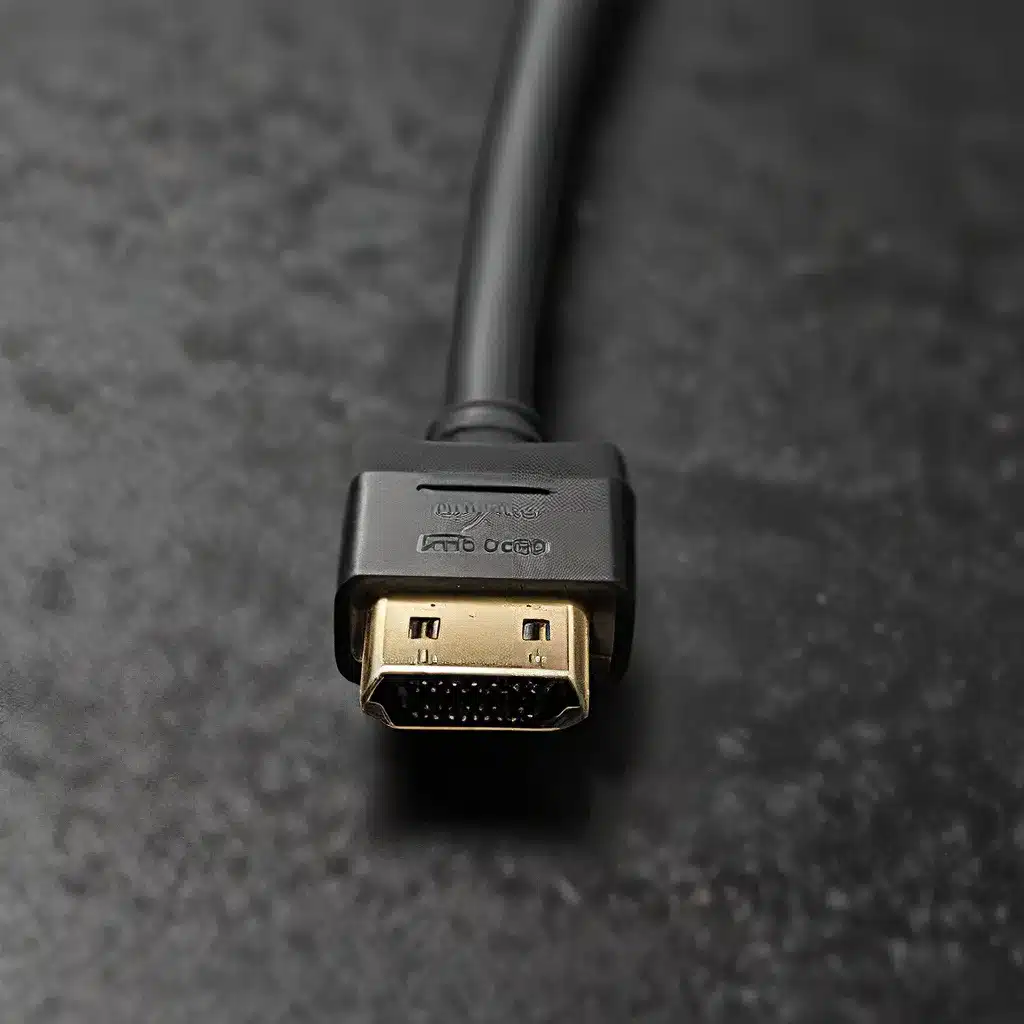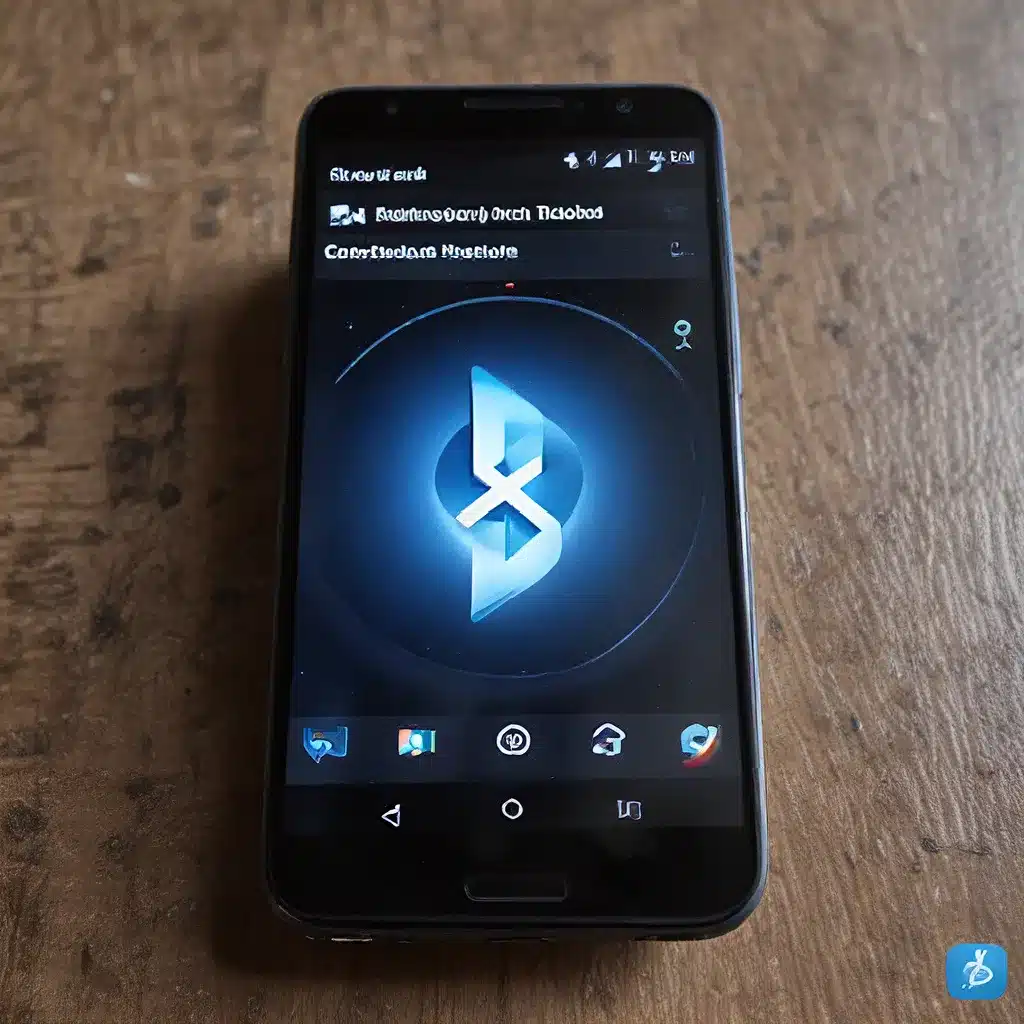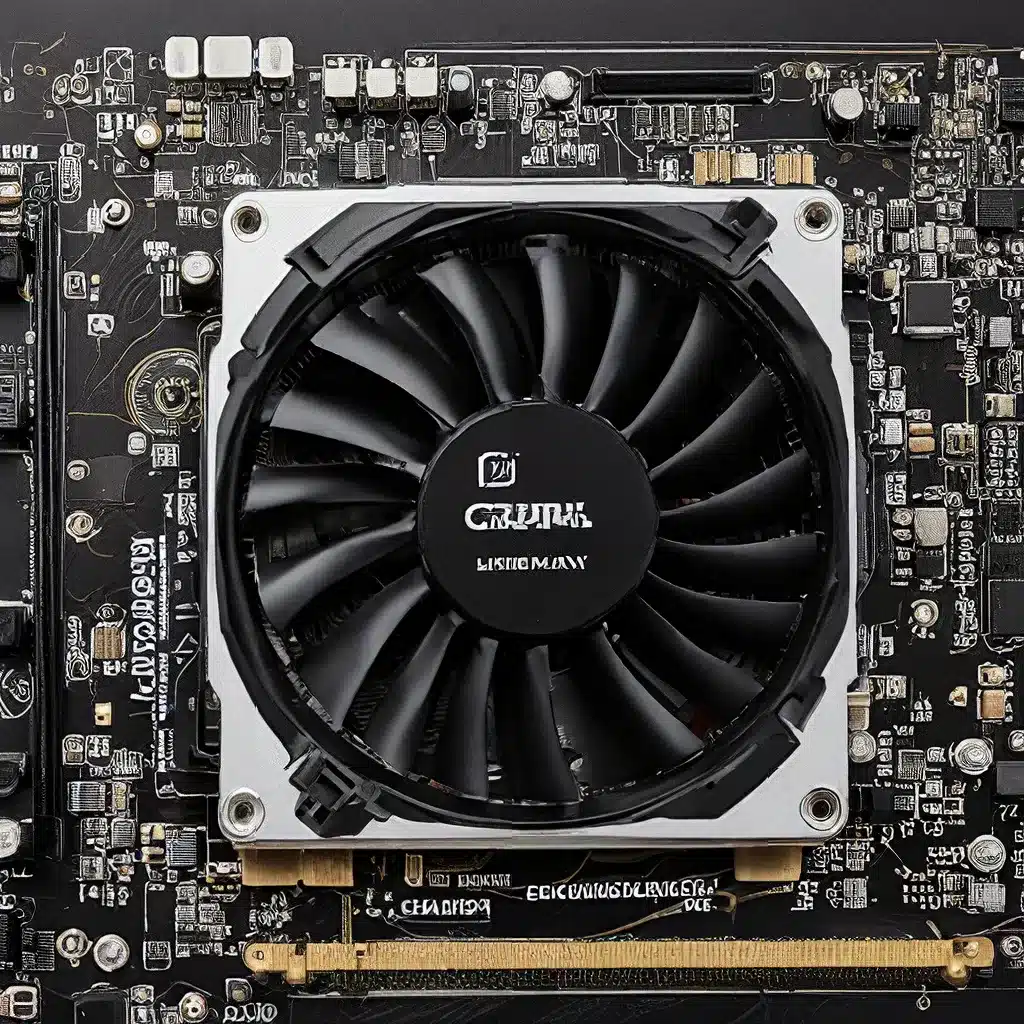The Sinister Underbelly of the Internet: How Hackers Use Ads and Affiliates to Distribute Malware
You know, I used to think the internet was a safe and honest place. Boy, was I wrong. As it turns out, there are all sorts of shady characters lurking in the dark corners of the web, trying to cause trouble by spreading malware. And get this – they’re using some pretty sneaky tactics, like hijacking ads and exploiting affiliate marketing, to carry out their nefarious plans.
It all started when I was browsing my favorite online tech forum and came across a post warning about this new malware called “Ov3r_Stealer.” [1] Apparently, it’s been making the rounds on Facebook, sneaking its way into people’s computers through job ads and fake accounts. The worst part? This thing is designed to steal all kinds of sensitive data, like passwords, credit card info, and even cryptocurrency wallets. [2] Talk about a total nightmare.
The Anatomy of a Malware Campaign
So, how exactly do these cybercriminals pull off these attacks? Well, it’s a real tangled web. The Ov3r_Stealer gang seems to be using a variety of tactics, including Facebook job ads, phishing emails, and even exploiting vulnerabilities in popular software like Windows and WinRAR. [3]
Here’s how it works: the bad guys create these Facebook job ads, luring in unsuspecting victims with the promise of a cushy gig. But when you click on the link, it takes you to a malicious Discord server, which then starts downloading the malware onto your machine. [2] And get this – the malware has multiple ways of executing itself, like disguising a PowerShell script as a Windows Control Panel binary or sneaking in through HTML and SVG files. [2] It’s like a choose-your-own-adventure of cyber doom!
Affiliate Marketing: The New Frontier for Malware Distribution
But wait, there’s more. Turns out these hackers aren’t just sticking to social media – they’re also getting a little help from their friends in the affiliate marketing world. [4] Yep, that’s right – they’ve been paying for sponsored ads on search engines like Google, tricking people into downloading malware-laced versions of popular software like Notion and ChatGPT. [5][6]
It’s a real rabbit hole, let me tell you. These guys are using all sorts of tactics to make their malicious ads look legit, from creating fake download pages to exploiting compromised websites. [7][8] And the worst part? They’re targeting both Windows and Mac users, so no one is safe.
Protecting Yourself in the Wild West of the Internet
So, what’s a savvy internet user to do? Well, the good news is there are some steps you can take to protect yourself from these sneaky malware campaigns. First and foremost, keep your system and software up to date – those security updates aren’t just for show, you know. [4] And be super cautious when it comes to downloads, especially if they’re coming from sketchy-looking websites or social media ads.
And let’s not forget the power of good old-fashioned antivirus software. [4] It may not be the most glamorous solution, but it can be a real lifesaver when it comes to catching those pesky malware bugs before they wreak havoc on your system.
A Cautionary Tale for the Digital Age
In the end, the moral of the story is this: the internet may seem like a friendly, harmless place, but there are some real wolves in sheep’s clothing out there. These cybercriminals are getting more and more sophisticated in their tactics, using everything from social media to affiliate marketing to spread their malware.
But you know what they say – forewarned is forearmed. So stay vigilant, my friends. Keep your wits about you, and don’t be afraid to call in the cavalry (a.k.a. your trusty antivirus software) when things start to look a little shady. After all, in this wild west of the digital age, it’s better to be safe than sorry.













